Dr. Farrah Mateen, a 33-year-old neurologist at Massachusetts General Hospital, stands next to him, preparing to collect a set of readings through the headset on a new application on her cellphone. This is how the boy will be diagnosed with epilepsy, and it’s an example of how Mateen and her Bhutan Epilepsy Project are using fast-growing mobile health technology to bring improved medical care to underserved parts of the world.
With the arrival of the Apple Watch, and the competitors sure to follow, interest from hospitals in using mobile devices to diagnose, monitor, and treat patients is expected to speed up. A recent study by Research2guidance, a mobile marketing research firm, found there are already more than 100,000 mobile health apps, for everything from fitness routines and diet suggestions to functions that allow doctors to study images and monitor patients.
Mateen’s quest to study the neurological condition of patients has taken her to China, Bangladesh, India, Jordan, Lebanon, Zambia, and various other countries. The Bhutan Epilepsy Project is her latest endeavor.
Just how underserved is Bhutan? It does not have a single neurologist, nor does it have any technology to diagnose epilepsy, one of the most common neurological disorders and one easily treated with medication.
Mateen, brimming with youth and intelligence, has received funding from the government of Canada and the Thrasher Research Foundation to bring cutting-edge mobile technology to remote Bhutanese. Bhutan Epilepsy’s team of collaborators includes medical specialists, Bhutanese psychiatrists, data readers, and programmers.
The “team is working very hard to improve care of epilepsy,” said the soft-spoken Mateen. “Bhutan doesn’t have a neurologist . . . [but they] have really embraced the opportunity.”
One reason is that its tiny population of 730,000 faces a high burden of epilepsy (estimated at 1 out of 1,000 people). And its geography — most Bhutanese live in rural, mountainous villages — prevents them from receiving trained help for their seizure disorders, Mateen said.
To continue reading more CLICK HERE
Source: http://www.bostonglobe.com/business/2015/05/21/mobile-health-technology-helps-tackle-epilepsy-bhutan/c6vmO7XOznyDegIa4BYSAM/story.html


![IMG_2613[1]](https://www.epilepsyfl.com/wp-content/uploads/2015/05/IMG_26131.jpg)

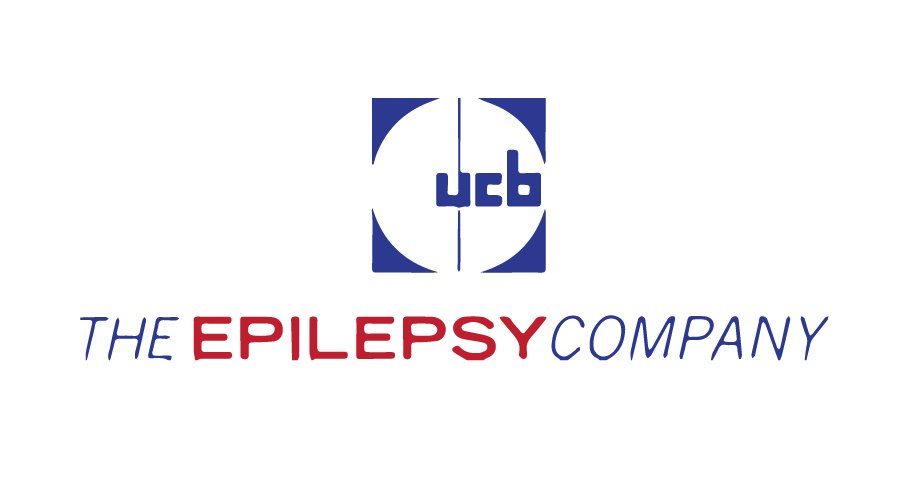





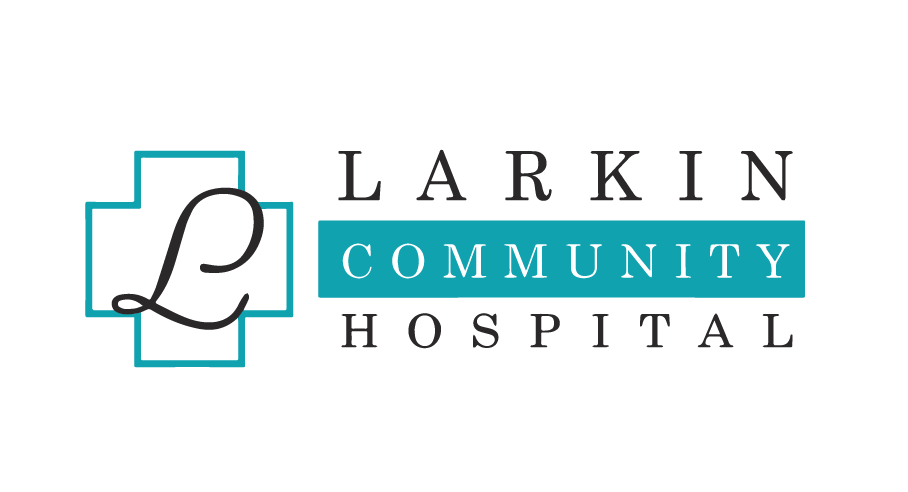
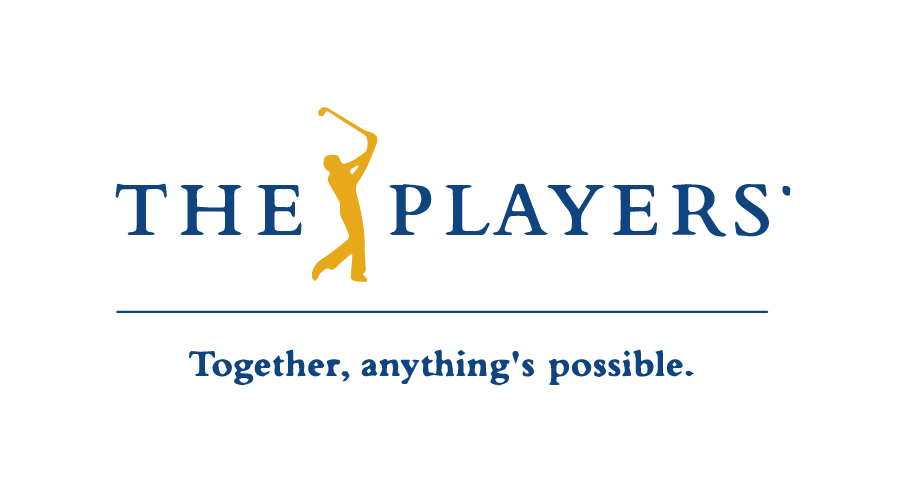




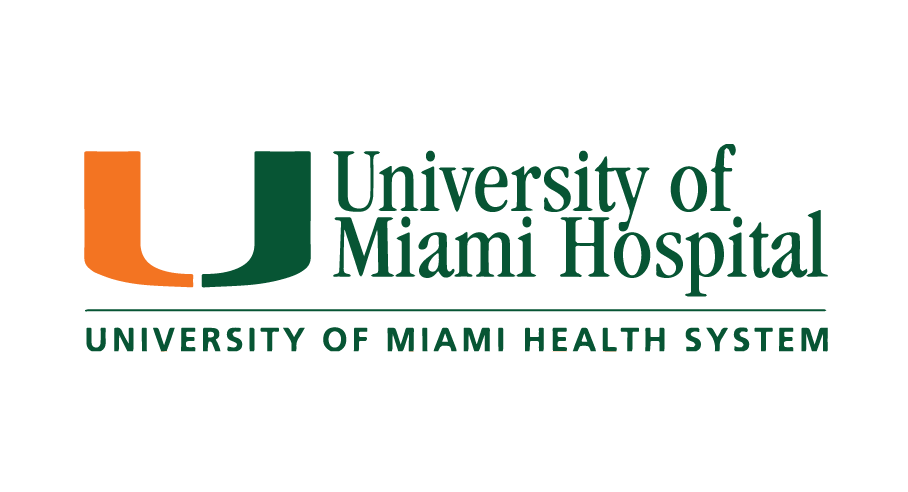

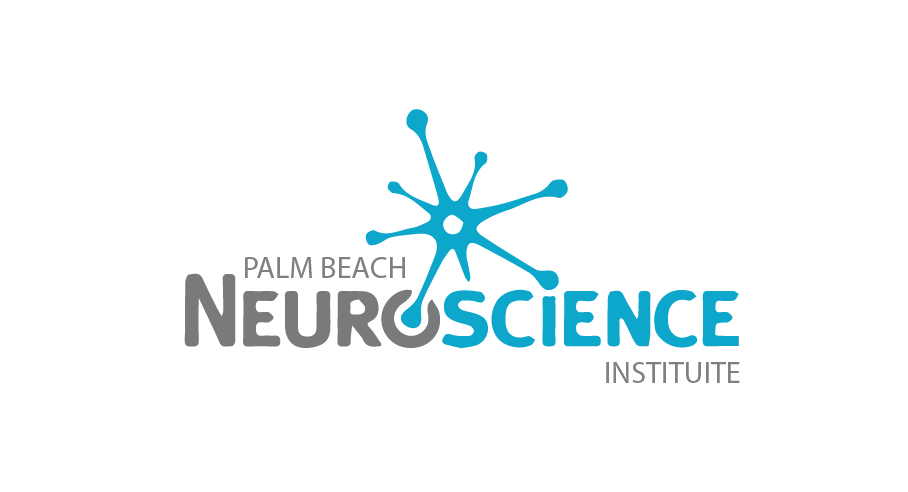

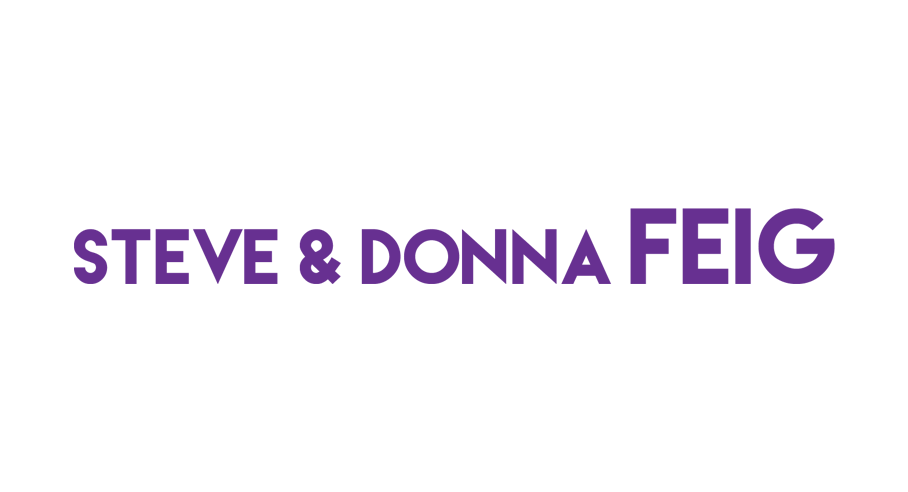

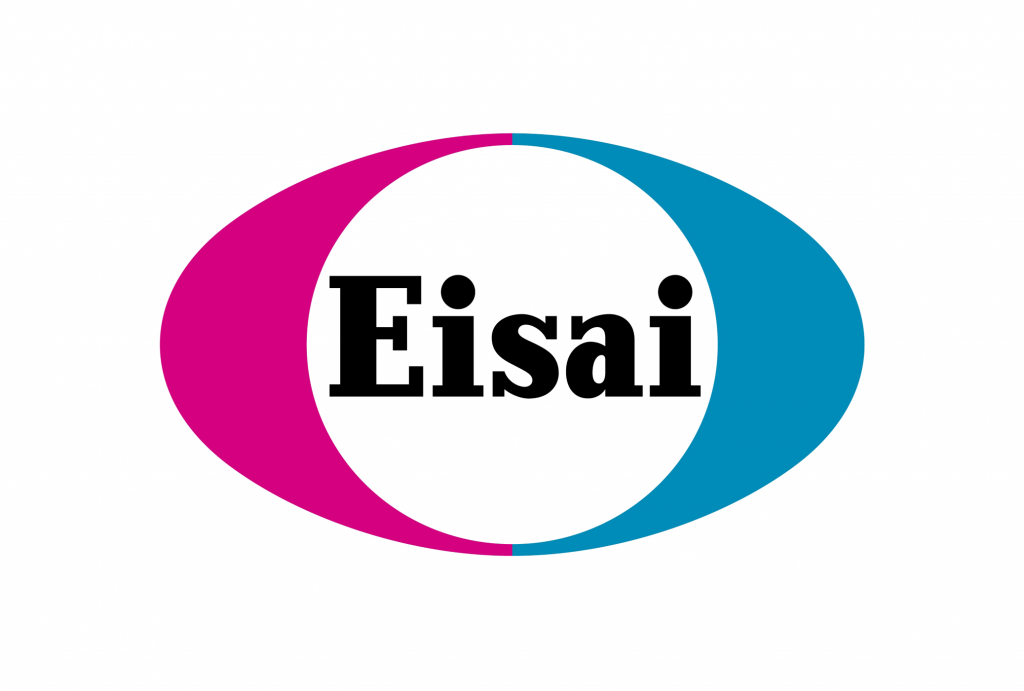
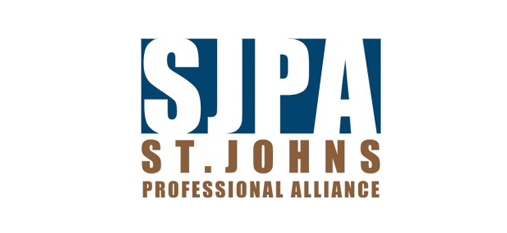
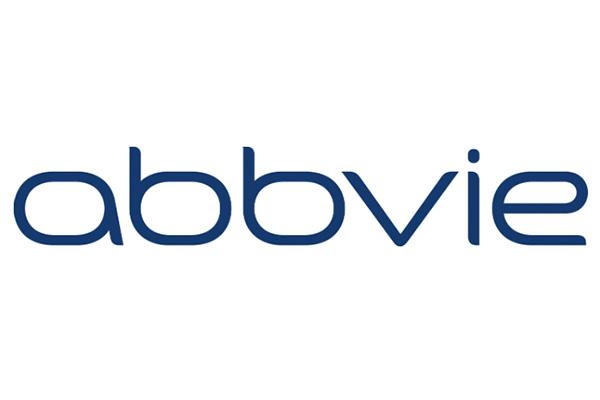
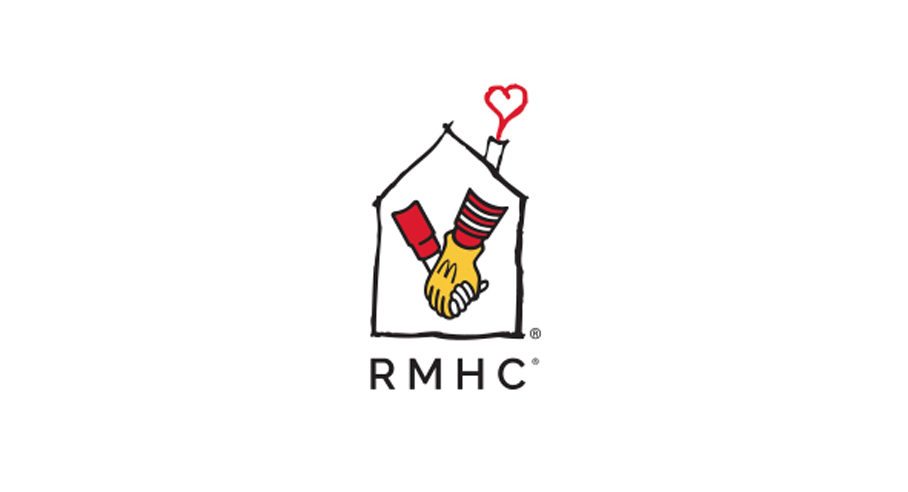
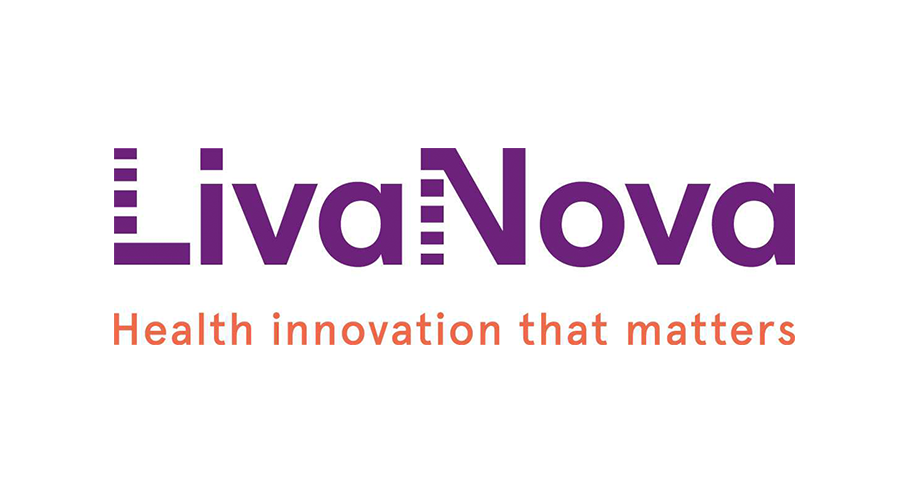

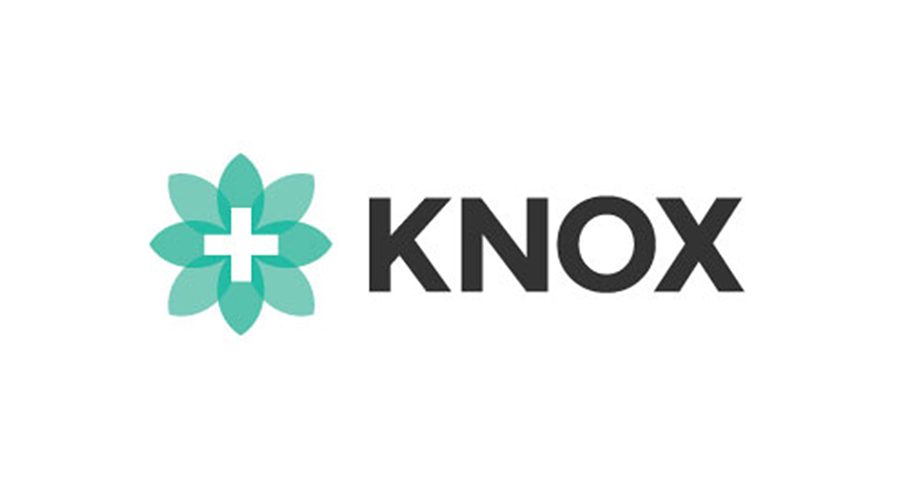

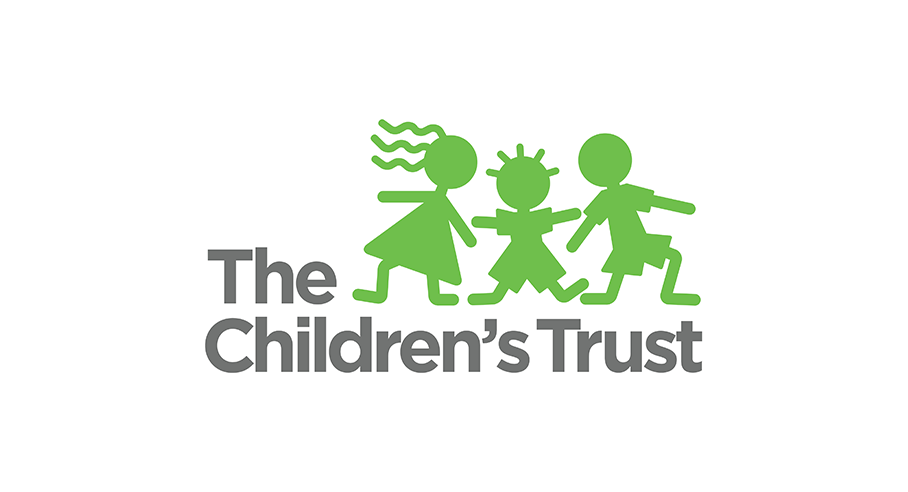


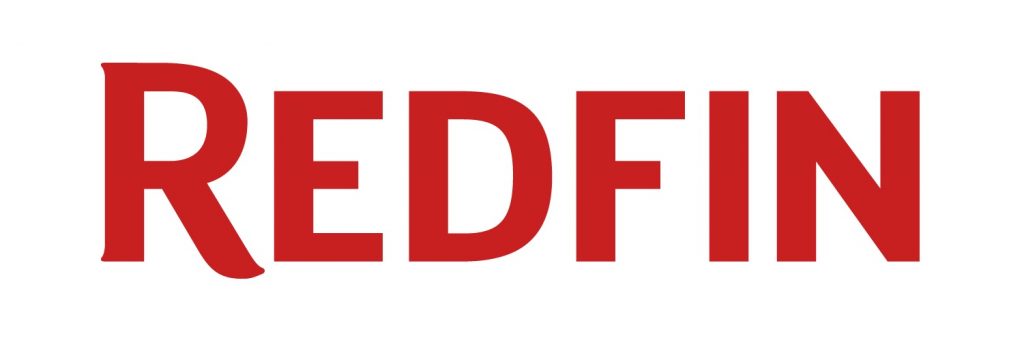


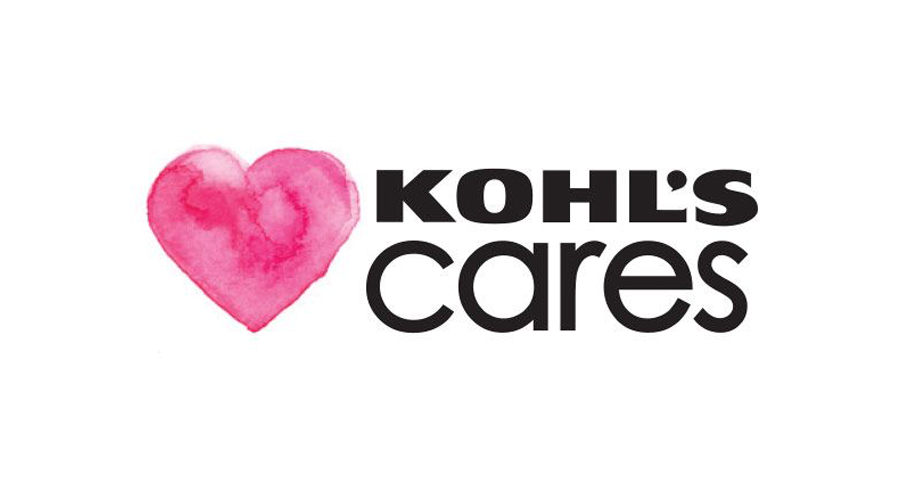
Post a comment